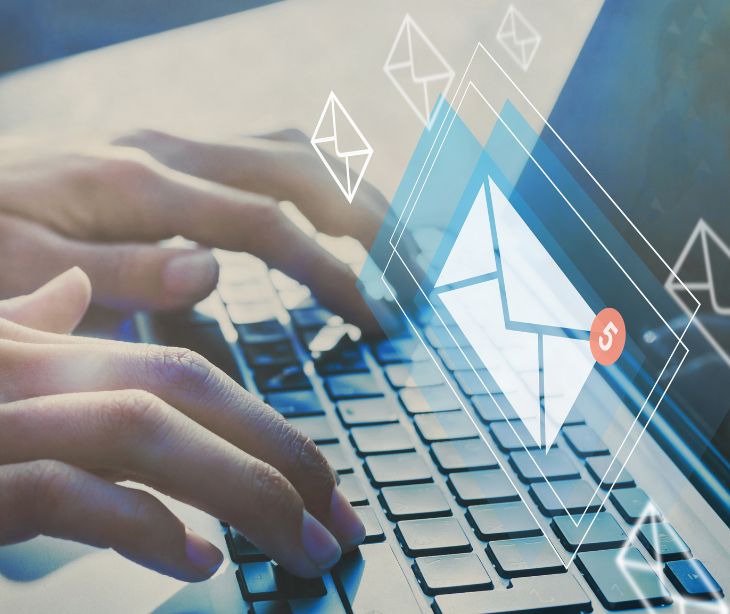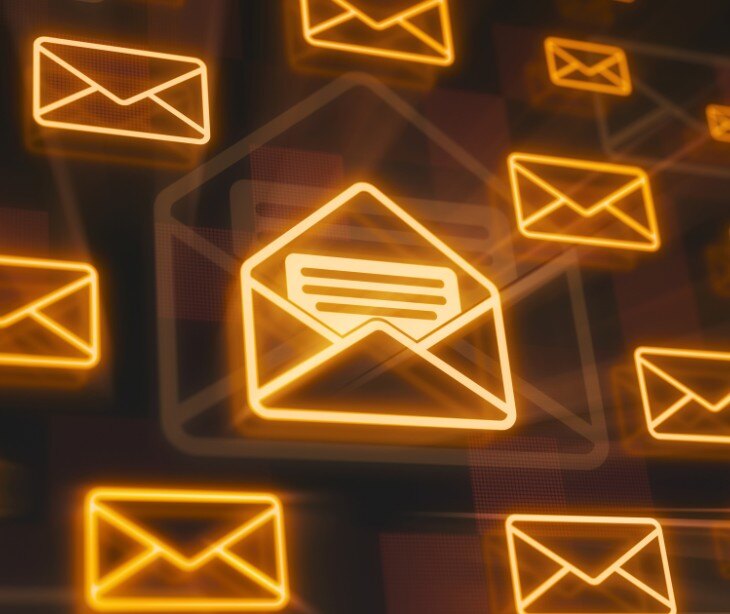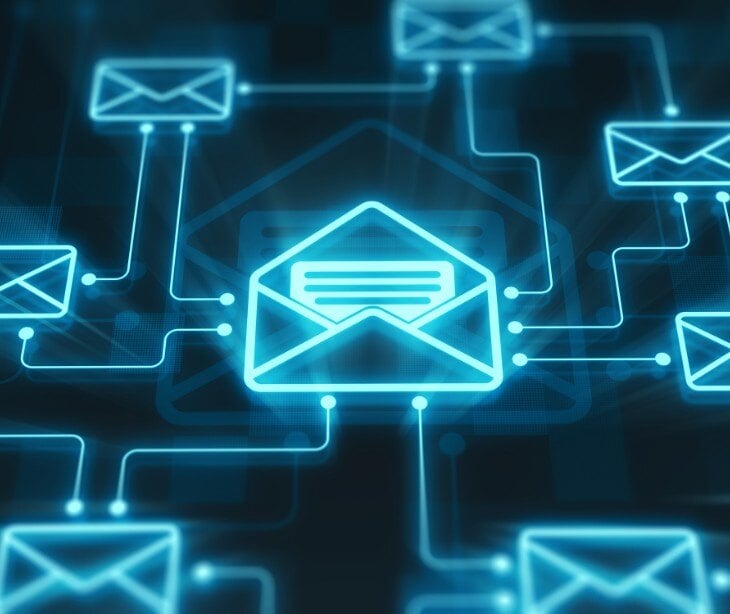2 min read
What is the role of HIPAA compliant email services in protecting patient privacy?
Liyanda Tembani
September 11, 2024

"The Privacy Rule allows covered health care providers to communicate electronically, such as through e-mail, with their patients, provided they apply reasonable safeguards when doing so.". HIPAA compliant email services protect patient information by ensuring that emails containing protected health information (PHI) are securely transmitted and stored. These services use encryption, access controls, and secure storage to prevent unauthorized access to sensitive information. Additionally, they offer business associate agreements (BAAs) to establish the provider's responsibility for safeguarding PHI in compliance with HIPAA regulations, helping healthcare organizations maintain privacy standards and avoid potential breaches or penalties.
The role of HIPAA compliant email services in maintaining patient privacy
Encryption
Encryption ensures that patient information remains secure during transmission and storage. It maintains confidentiality and integrity by allowing only authorized recipients to access the contents using a cryptographic key.
Read more: What happens to your data when it is encrypted?
Access controls
Access controls in HIPAA compliant email services ensure that healthcare professionals can only access the specific patient data necessary for their roles. These controls limit access to sensitive information, reducing the risk of unauthorized exposure by following the principle of least privilege.
Read more: A guide to HIPAA and access controls
Audit trails
Audit trails are detailed logs that document every action related to patient information access. They track who accessed what information and when, forming an invaluable resource for compliance audits and investigations into potential breaches.
Data loss prevention (DLP)
DLP features constantly scan emails for any sign of sensitive patient information. They flag, halt, or encrypt any data that might contravene HIPAA regulations. This proactive measure significantly reduces the likelihood of accidental or intentional disclosure, fortifying the defense against privacy breaches.
Secure file sharing
Secure file sharing isn’t just about sending attachments; it’s about safeguarding patient information on the move. This feature encrypts attachments and ensures their integrity. It guarantees that patient data remains confidential throughout the transmission process.
How HIPAA compliant email services empower privacy protection
Collectively, through encryption, access controls, audit trails, DLP, and secure file sharing, HIPAA compliant email services safeguard patient privacy. They ensure the confidentiality, integrity, and availability of sensitive healthcare information, aligning with HIPAA standards.
The importance for healthcare organizations
For healthcare entities, using HIPAA compliant email services isn’t merely a choice; it’s a necessity. It ensures regulatory compliance and, more importantly, nurtures patient trust by safeguarding the confidentiality of their sensitive healthcare information.
FAQs
Can healthcare professionals use personal email accounts for HIPAA compliant communication?
No, personal email accounts are not HIPAA compliant because they lack the encryption, access controls, and BAAs required to protect patient information.
Do HIPAA compliant email services support mobile device access?
Many HIPAA compliant email services offer secure mobile access with encryption and authentication measures to protect patient data when accessed from smartphones or tablets.
Can HIPAA compliant email services integrate with other healthcare software?
Yes, many HIPAA compliant email services offer integrations with electronic health records (EHR) systems and other healthcare software to streamline communication and ensure secure data exchange.
Subscribe to Paubox Weekly
Every Friday we'll bring you the most important news from Paubox. Our aim is to make you smarter, faster.




